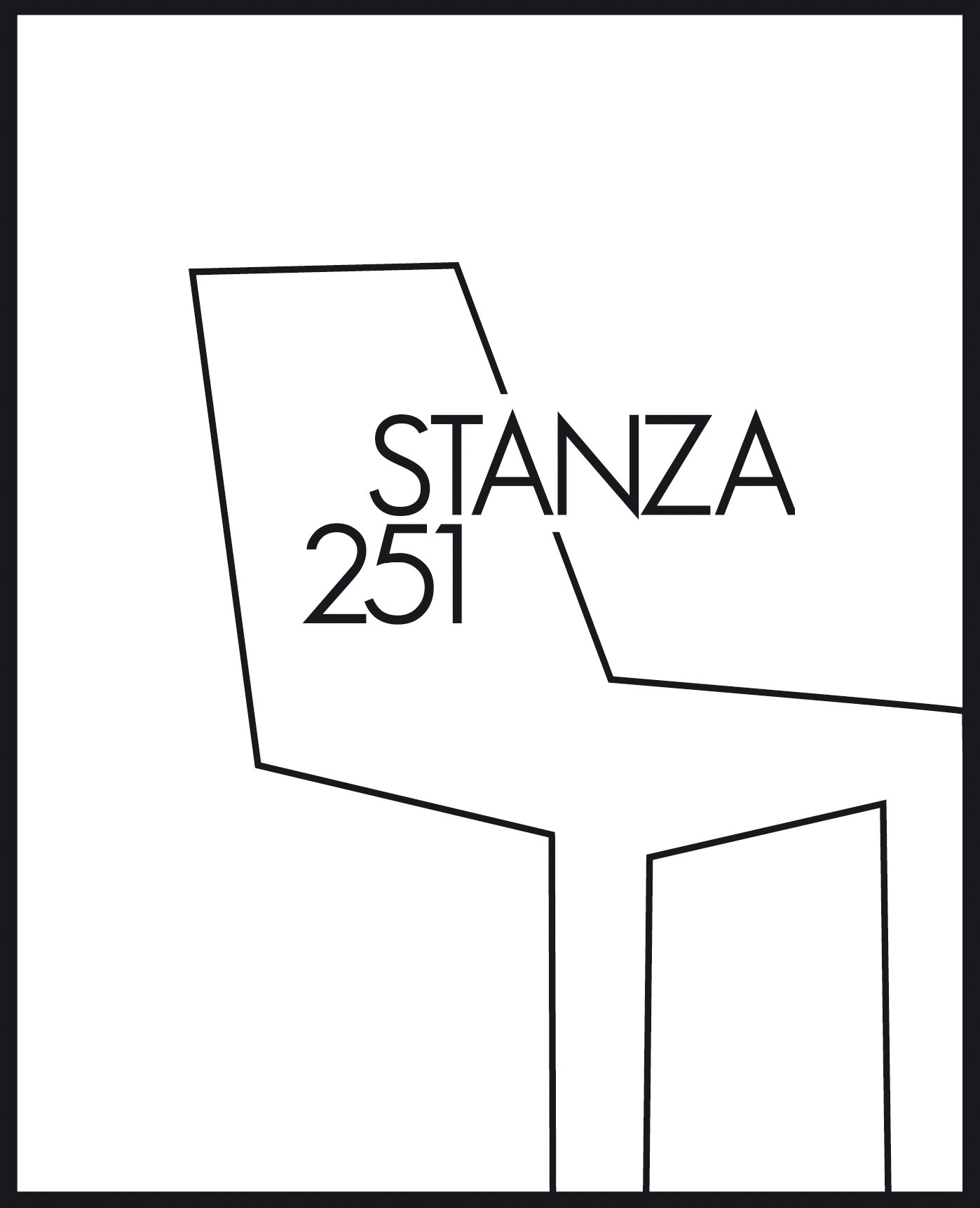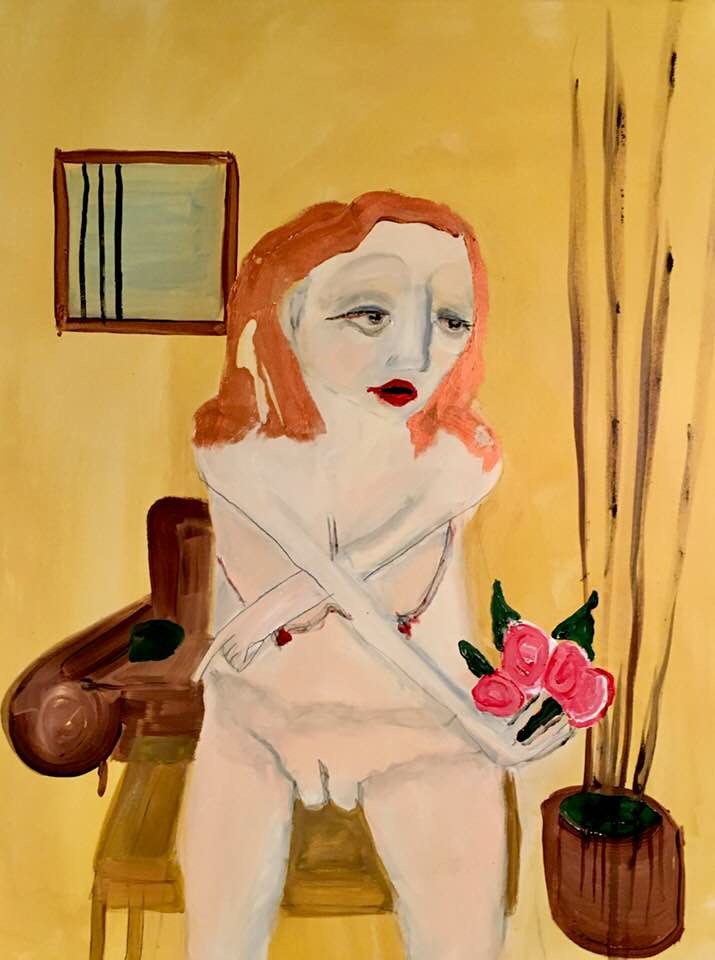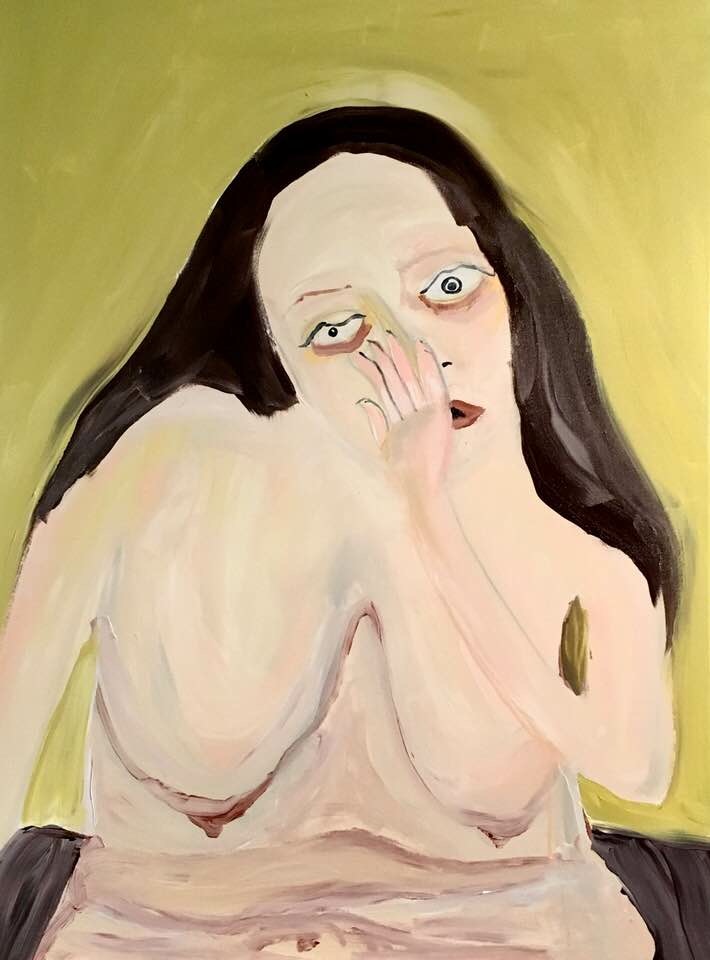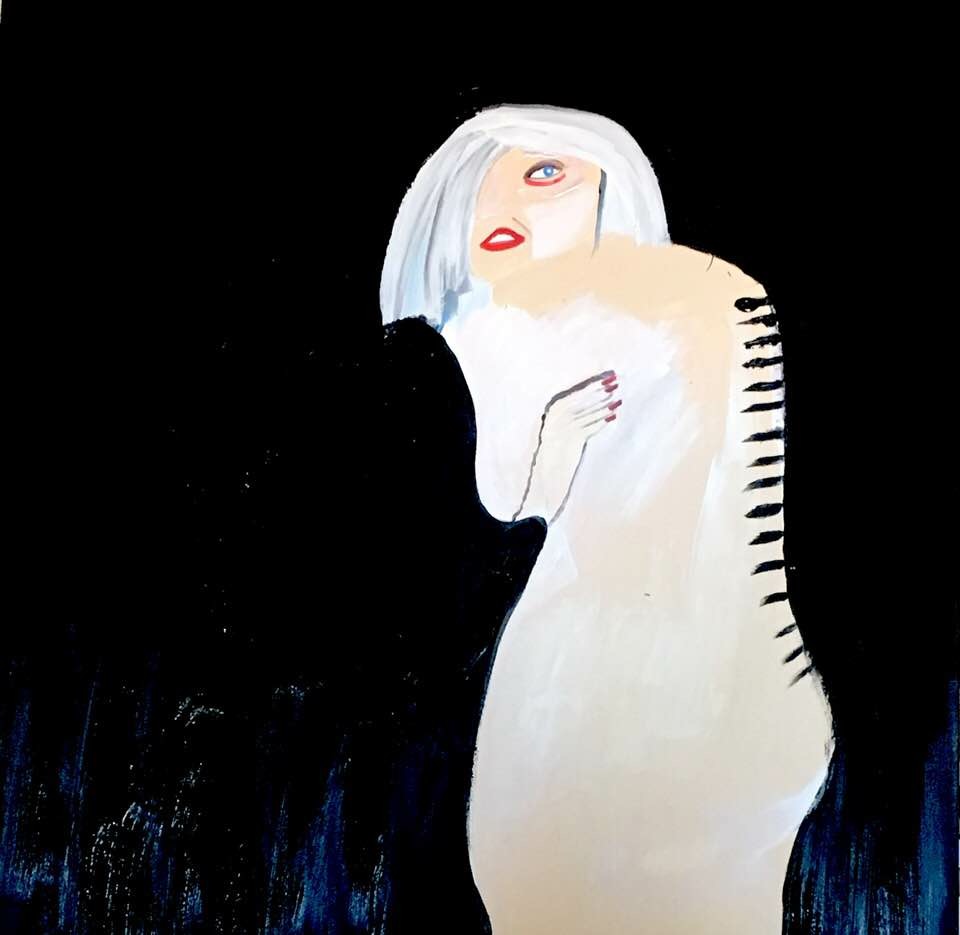Femmes Fatalistes - Matthew Licht su Laura Fortin
La Rete è un labirinto di trappole tese per certi tipi cherchez la femme. Chi lancia uno sguardo cieco nell’etere spesso miete visioni programmate per sconvolgere immaginari già offesi.
Le donne brutalizzate di Laura Fortin invece trasmettono vibrazioni simpatetiche.
Alcune sembrano essere appena state picchiate, oppure umiliate in altri modi. Un’altra sembra avere appena ucciso l’orco che la torturava. Ma sembra anche che le dispiaccia.
Sfilano silenziosi film costituiti da una singola brutale immagine.
“Mi sono fidata di te e mi hai amputato la gamba sinistra.”
“Se tu mi amassi veramente, non mi costringeresti a mascherarmi da strega naturista.”
“Volevo riprodurre le nostre vite con te. Invece mi hai resa schizofrenica.”
Non sono belle immagini, ma sono accattivanti. Ti tirano dentro.
Quanto in fondo sei disposta(o) ad andare?
Matthew Licht: Cosa significa per te il giallo?
Laura Fortin: Il giallo Turner è un colore per me fondamentale nella base degli incarnati. Aggiunge profondità e calore pur possedendo una leggerezza senza eguali. vorrei che le mie figure fossero così leggere e pregne, assolute.
Matthew Licht: Da cosa deriva la crudeltà?
Laura Fortin: La crudeltà deriva dalla mancanza; è la naturale evoluzione della frustrazione, con in più l’elemento della violenza, la mancanza quindi dell’autocontrollo. In assoluto è un sentimento che non mi appartiene, essendo io di base una ipersensibile.
Matthew Licht: Chi sono i tuoi scrittori preferiti? Registi cinematografici? Attrici?
Laura Fortin: Sono molto legata a autori di narrativa classica come Pirandello, Svevo, Mann, Joyce, Celine, o il grandissimo Goethe che ho riletto da poco e mi ha sbalordito per l’attualità del suo raccontare il sentimento. Un testo che mi rimane nel cuore è 1984 di Orwell, circa i contemporanei su tutti dico Antonio Moresco. Amo vivere il cinema come una esperienza, per questo amo registi visionari come Greenway, Dennis Hopper, Kubrick, Pasolini, Petri, Forman, Lynch, Anderson, Lars von Trier: nelle loro opere è prepotente l’elemento pittorico, la magia del non detto. Tra tutte le donne attrici, Tilda Swinton: un essere alieno, una presenza diafana e potentissima quasi pre raffaelita.
Matthew Licht: Le donne hanno bisogno degli uomini?
Laura Fortin: La donna in buona parte dei casi vive in sola solitudine i suoi drammi e dolori, spesso li supera e in ogni caso va avanti rispetto a situazioni critiche. L’uomo in buona parte dei casi si aspetta che la donna sia una figura che richiama la madre, non ha gli strumenti per risolvere le crisi che il femminile incontra. La donna che io racconto, spesso mutilata, è una donna che vuole raccontarsi, che esige l’ascolto, per trovare una cura possibile. In buona sostanza, il focus non è sui generi, ma piuttosto sul dialogo, sullo sforzo per arrivare alla comprensione.
The Internet is a booby-trapped labyrinth for certain cherchez la femme types. Those who launch blind looks into Etherworld are often hit with visions designed to upset their already offended imaginations.
Laura Fortin’s brutalized women send out strange sympathetic vibrations.
Some of them look like they’ve just been beaten up, or otherwise humiliated. Another looks like she just murdered the creep who smacked her, or worse. She has regrets, apparently.
Whole silent movies go by in a single brutal frame.
“I trusted you, and you amputated my left leg.”
“If you really loved me, you wouldn’t make me wear this nudist witch costume.”
“I wanted to reproduce our lives with you. Instead, you turned me schizophrenic.”
It’s not a pretty picture, but it pulls you in.
How far are you willing to go?
Matthew Licht: Explain what yellow means to you.
Laura Fortin: I use Turner’s yellow as the fundamental color for flesh bases. It adds depth and warmth while possessing an unparalleled lightness. I’d like my figures to be so light and yet so loaded and absolute.
Matthew Licht: What’s the origin of cruelty?
Laura Fortin: Cruelty comes from lack. It is the natural evolution of frustration, plus the element of violence, the absence of self-control. It is a feeling that I absolutely don’t possess, since I’m basically a hypersensitive person.
Matthew Licht: Who are your favorite authors? Film directors? Actresses?
Laura Fortin: I’m very attached to authors of classic fiction such as Pirandello, Svevo, Mann, Joyce, Celine, and the great Goethe, whom I recently re-read and who amazed me for the timeliness of his description of feelings. A text that remains in my heart is 1984 by George Orwell, and among contemporary authors I’d say Antonio Moresco. I love to experience cinema in an almost physical way. For this reason, I love visionary directors like Greenway, Dennis Hopper, Kubrick, Pasolini, Petri, Forman, Lynch, Anderson, Lars von Trier: the pictorial element in their works is overbearing, the magic of the unsaid . Among actresses, Tilda Swinton: an alien being, a diaphanous presence. She’s a very powerful pre-Raphaelite.
Matthew Licht: Do women need men?
Laura Fortin: Women often live in solitude, alone with their dramas and pain. Some women are able to overcome them, and in any case they are able to survive critical situations. Men in most cases expects that the woman be a mother, figure. Men don’t have the tools to solve the crises that women encounter. The women in my picture-stories are often mutilated. They’re women who want to tell about themselves, who demand attention, in order to find a possible cure. In essence, the focus is not on gender, but rather on dialogue, on the effort to arrive at an understanding.
Matthew Licht
Immagini di Laura Fortin
All Melody, di Laura Fortin, è una raccolta di ventuno disegni ispirati da grandi maestri (dall'espressionismo austriaco a Tracy Emin) corredati da testi poetici. La prefazione è del musicista e art director torinese Franz Goria.
Laura Fortin’s All Melody is a collection of twenty-one drawings inspired by great masters (from Austrian expressionism to Tracy Emin) accompanied by poems. The preface is by Franz Goria, a Turin Musician and Art Director.






